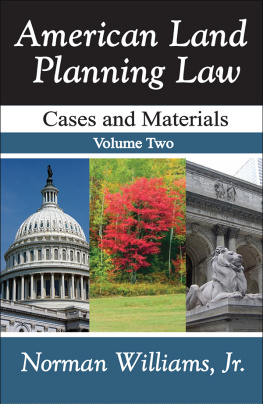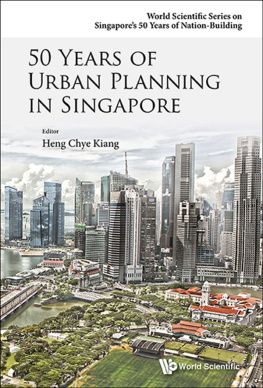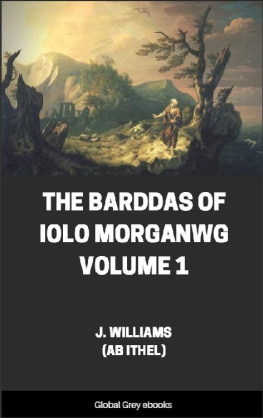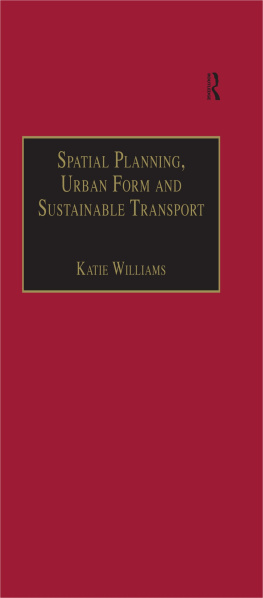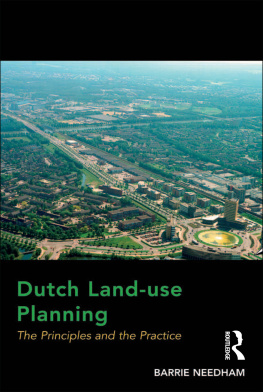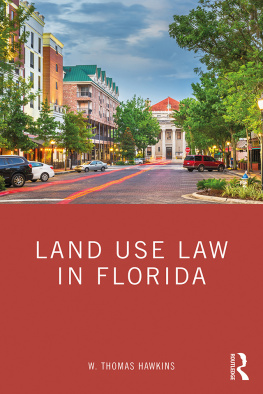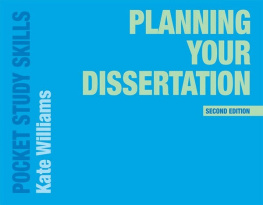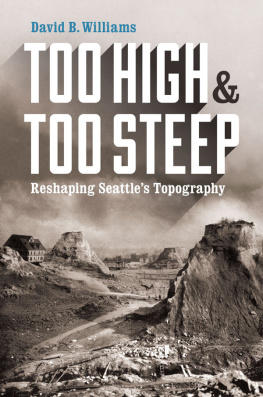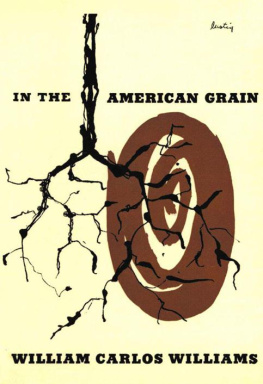Vickers V. Gloucester Township
37 N.J. 232, 181 A.2d 129(1962), appeal dismissed, 371 U.S. 233 (1963).
Supreme Court of New Jersey.
Argued Dec. 5, 1961.
Decided May 7, 1962.
Proceeding in lieu of prerogative writ to challenge the validity of a township zoning ordinance amendment precluding trailer camps and trailer parks in an industrial district. The Superior Court, Law Division, sustained the validity of the amendment. The Superior Court, Appellate Division, 68 N.J.Super. 263, 172 A.2d 218, reversed and the township appealed. The Supreme Court, Proctor, J., held that the township had the authority to enact the provision and that it was valid.
The opinion of the court was delivered by PROCTOR, J.
In this proceeding plaintiff Harold E. Vickers challenges the validity of an amendment to the zoning ordinance of the defendant Gloucester Township. This amendment prohibits Keeping, locating, establishing, maintaining or operating a trailer camp, trailer park * * * in its industrial district. After hearings, the Superior Court, Law Division, sustained the validity of the amendment. On plaintiffs appeal the Appellate Division reversed. 68 N.J.Super. 263, 172 A.2d 218 (1961). The township appeals to this court under R.R. l:22-l(a).
On July 1, 1957, the township adopted a comprehensive zoning ordinance establishing Residence Districts A, B, C, D, a Business District, an Agricultural District and an Industrial District. The ordinance enumerated the uses permitted within all residence, business and agricultural districts, not mentioning trailer camps. The section regulating uses within the industrial district was drafted in different form; it permitted lands to be used and buildings to be erected for any lawful purpose with the exception of 41 specified uses. Trailer camps were not among the barred uses. By the terms of the ordinance dwellings which conformed to the requirements of the A residence district were permitted in the industrial district, provided prior approval of the Board of Adjustment was obtained. A residence district houses were required to be One-family detached dwellings located on a lot not less than 75 by 125 feet with at least 800 square feet of usable first floor area.
On September 3, 1957, the township adopted an ordinance entitled An Ordinance to Regulate and Control Trailers, Trailer Coaches, Camp Cars and Trailer Camps in the Township of Gloucester. (Trailer Ordinance.) The effect of this ordinance and the zoning ordinance was to repeal a 1947 trailer ordinance barring trailer camps in the entire township and to ban such camps in the residence, business and agricultural districts, but permit them in the industrial district. At present there are no trailer camps in the township.
In April 1959 this court decided Napierkowski v. Township of Gloucester, 29 N.J. 481, 150 A.2d 481, which concerned the validity of the zoning ordinance as it applied to trailers in residential districts. We held the provisions of the zoning ordinance prohibiting the location of trailers in residence districts * * * bears a reasonable relationship to the purpose of zoning as outlined in R.S. 40:55-32, N.J.S.A., and should be upheld. Id., at p. 496, 150 A.2d at p. 488. We expressly left open the question of whether such uses could be completely excluded from the township. Id., at p. 497, 150 A.2d 481, 488.
On August 26, 1959, Vickers applied to the township for a permit to operate a trailer camp upon his ten acres of industrially zoned land which he had purchased in November 1957. While this application was pending, he acquired ten additional acres of land across the road from his prior holdings but still within the industrial district. The Township Committee denied his application in a letter dated December 8, 1959. As a result, Vickers instituted an action in lieu of prerogative writ on December 30, 1959, wherein he alleged he had complied with the Trailer Ordinance requirements and sought a judgment compelling the township to grant him permission to operate his proposed trailer camp. In their answer, the defendants stated that plaintiffs application was denied because his plans did not meet the requisite health standards and that the granting of the permit would be in violation of the zoning ordinance, subdivision ordinance and building code.
Much of the testimony introduced by the plaintiff at the trial on March 17, 1960, concerned his compliance with the requirements of the State Department of Health. Plaintiff also introduced evidence as to the characteristics of the township, particularly the area surrounding his property. This area is almost entirely in the industrial district (an A residential district is not far from Vickers lands) and is for the most part undeveloped. Several buildings ranging from dilapidated shacks to modest homes are situated in the immediate vicinity of plaintiffs property. There are no residential developments or industrial plants in this area, nor are there any between plaintiffs land and the Freeway which runs through the township and is about two miles west of the property. An expert called by plaintiff testified that plaintiffs land could be appropriately used as a trailer camp site and that such use would not have an adverse economic effect upon the neighborhood.
Apparently realizing during the course of the trial that his application and plans did not meet the required standards of the State Department of Health, plaintiff moved for an opportunity to amend his application and plans as submitted. The court granted plaintiffs motion and further allowed the township to take such administrative action and review what action they may be desirous of taking in the interim time, which means that the Court will hold this issue in abeyance until such time as those amendatory actions are taken on the part of both parties. The trial was adjourned for an unspecified period.
The plaintiffs amended plans were submitted to the Township Committee at a meeting held on April 1, 1960. At that meeting the Mayor announced that a proposed amendment to the Zoning Ordinance to exclude trailer camps is being submitted to the Planning Board for its consideration and comment at its next meeting, to be held April 5, I960. After this announcement the Committee meeting was adjourned until April 5, 1960, to take up any action regarding such proposed zoning ordinance amendment, and any other things that may be considered at the adjourned meeting. At the Township Committee meeting held April 5, 1960, the amending ordinance barring trailer camps from the industrial district and an ordinance repealing the Trailer Ordinance were read for the first time. The Township Planning Board met and approved the amending ordinance on the same night. In a letter formally notifying the Township Committee of this action, the Planning Board stated:


